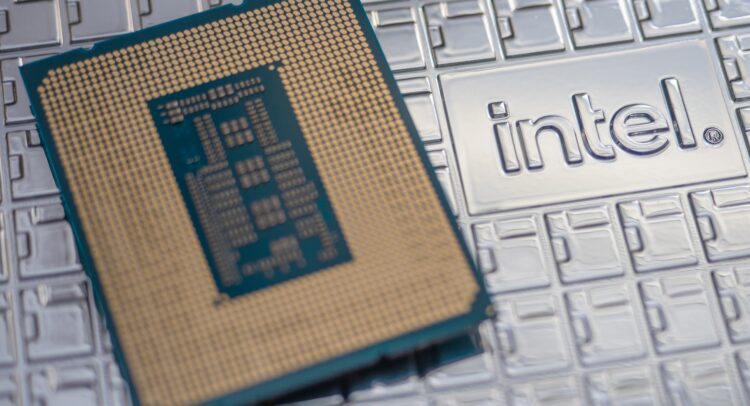
Intel’s upbeat revenue projections on Thursday masked a significant setback: its AI chips have not lived up to earlier sales expectations. The company, led by CEO Pat Gelsinger, scrapped a forecast for 2024 that anticipated selling over $500 million worth of Gaudi accelerator chips. These chips, which enhance AI application performance, faced slower adoption, reportedly due to software issues and a transition from the second to third generation of the technology.
Despite a 5% uptick in early trading on Friday, Intel’s stock remains down by more than 50% this year. The struggles highlight the company’s ongoing challenges in the AI market and the missed opportunity to rival Nvidia. The Gaudi chip setback accentuates Intel’s AI difficulties, years after failing to select a counterstrategy as Nvidia’s dominance soared.
Intel had anticipated that its AI chips could generate significant revenue following the surge in demand for Nvidia-powered AI solutions like ChatGPT. Initially, internal projections suggested sales might reach $500 million, but Gelsinger reportedly pushed for a more optimistic forecast, calling for at least $1 billion in potential sales. In July, he described a “pipeline of opportunities” worth over $1 billion, although the company had yet to secure sufficient supply from TSMC to meet these targets.
Responding to concerns, Intel acknowledged the ambitious nature of its internal goals, emphasizing the challenge of converting the pipeline into actual revenue. “No company converts 100% of its pipeline into revenue,” the company noted, defending its approach. It maintained that setting high expectations was integral to its strategy.
As of January, Intel claimed over $2 billion in potential AI-chip deals. However, by April, the company revised expectations, and Gelsinger later withdrew the $500 million sales forecast. He remains optimistic about the long-term potential, noting that early interest in Gaudi’s third generation and improved benchmarks indicate promise.
The third-quarter report reflected a mixed outlook: Intel recorded $13.3 billion in revenue, surpassing analyst expectations but posted a $16.6 billion loss due to impairment and restructuring expenses. Analysts like Vivek Arya of Bank of America questioned Intel’s AI competitiveness, while Gelsinger insisted that CPU chips were gaining importance in AI data centers.
Michael Ashley Schulman, chief investment officer of Running Point Capital, observed Intel’s cost-cutting and growth focus as signs of potential recovery. Still, Schulman expressed doubts, suggesting Gelsinger might be overestimating progress. He noted concerns about operational control and customer relationships, questioning whether Intel’s CEO had the necessary oversight to execute the company’s ambitious plans.
Featured image courtesy of TipRanks
